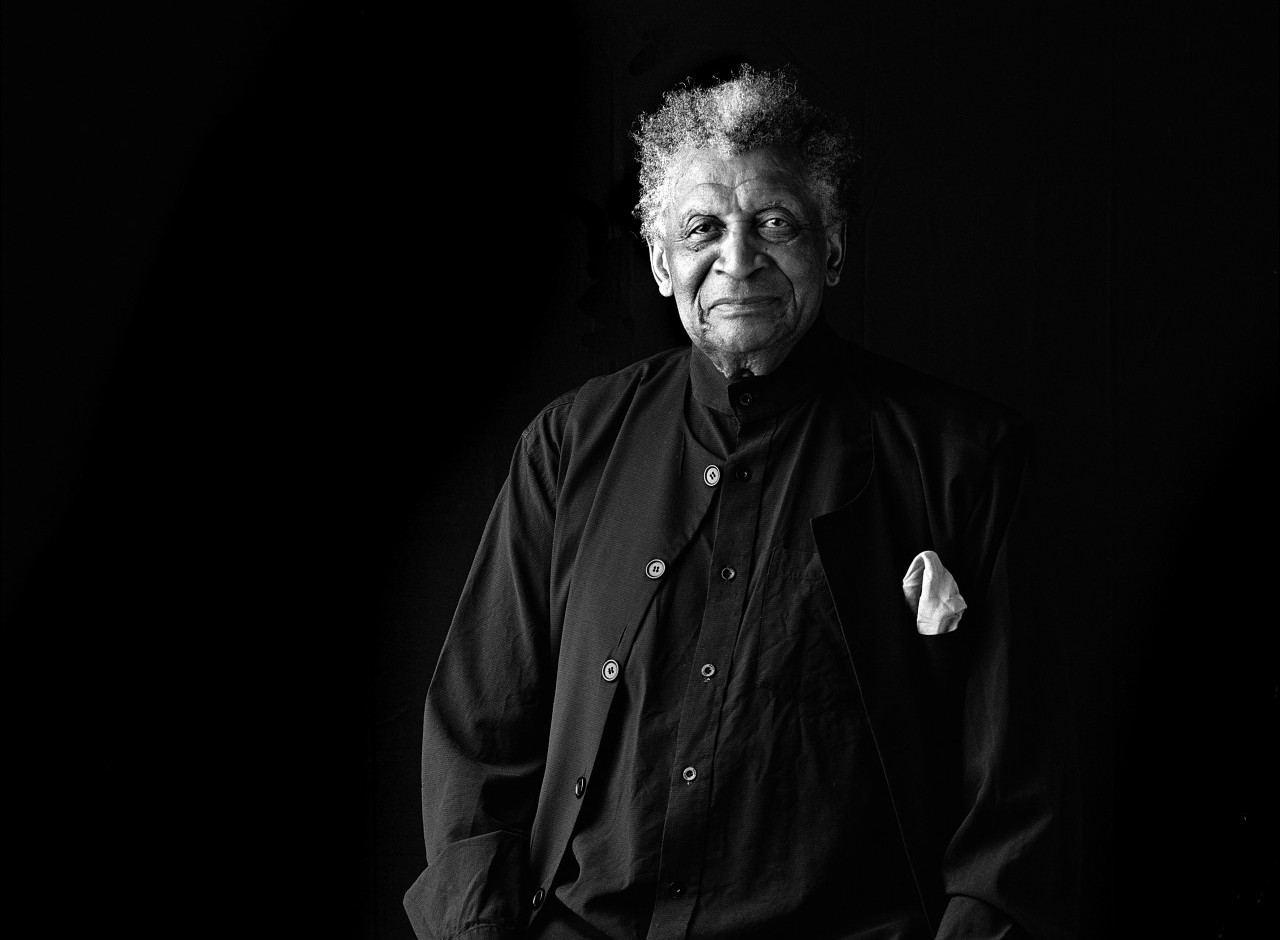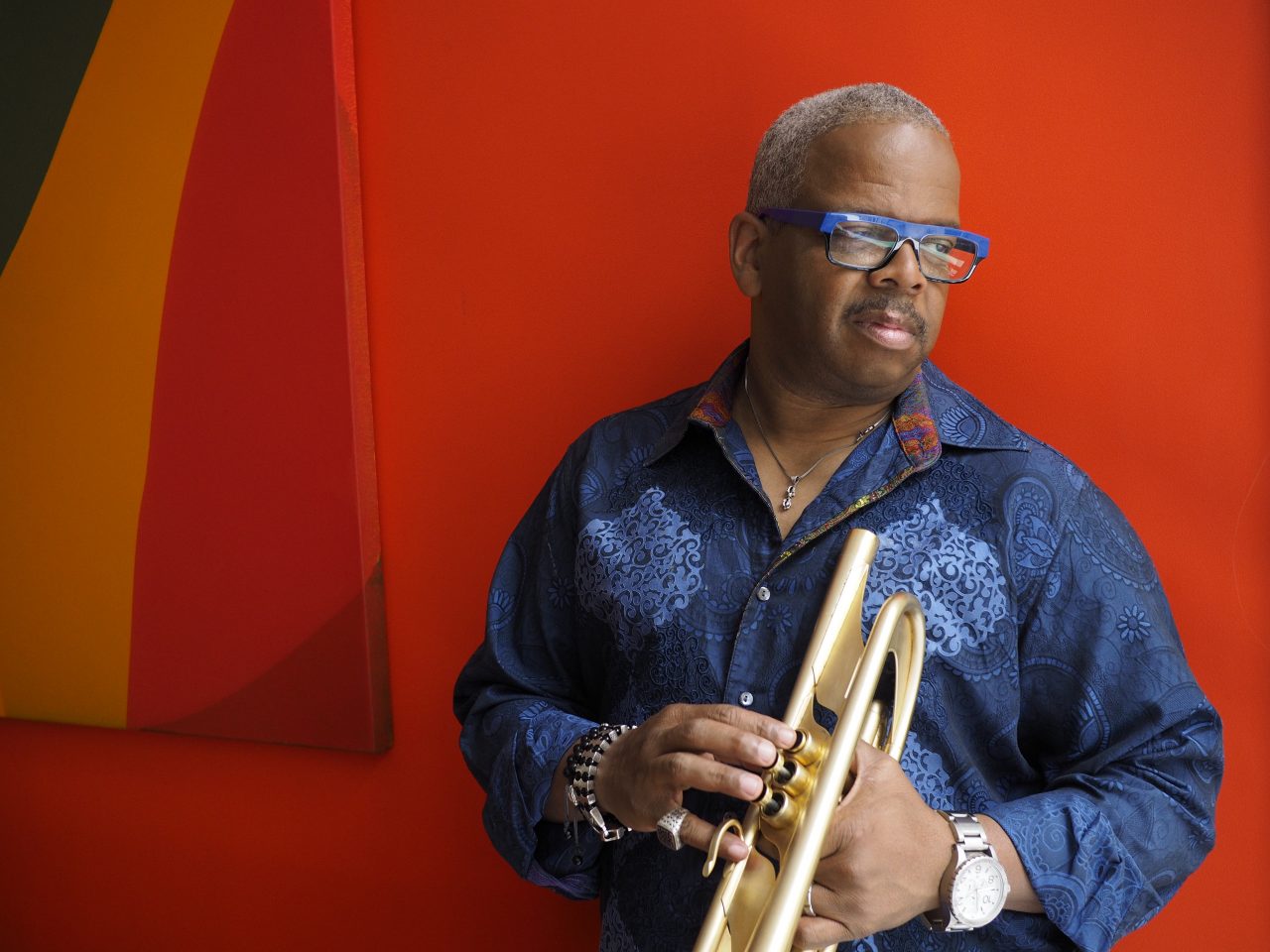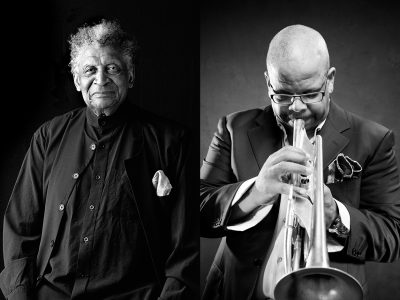- News
- Meet the Artist: The Jazz Epistles
Meet the Artist: The Jazz Epistles
Abdullah Ibrahim
Origin
Abdullah Ibrahim was a member of The Jazz Epistles – a revolutionary 1959 South African jazz group that was essential in setting the stage for future African jazz musicians. The group disbanded when its members fled the apartheid government following the Sharpeville Massacre, but Abdullah Ibrahim has stayed active as a jazz pianist, settling in the US and cultivating a long and varied international career.
Music and background
After hearing him play in Switzerland, Duke Ellington invited Ibrahim to bring his diverse style of jazz, influenced by traditional African music, gospel, and ragas, and record for the Reprise Records compilation.
Later in his career, Ibrahim began incorporating Islamic influences and was soon for more a introspective and meditative brand of jazz. Whether playing solo piano or performing with his six-piece band, Ekaya, Ibrahim’s style is deeply tranquil, reminiscent of one of his strongest influences: Thelonius Monk.
Accolades
Ibrahim is 2017’s recipient of the German Jazz Trophy which will be presented at the Jazzopen Stuttgart, a music festival in Germany. Described by critics as “heartwarmingly communicative”, Ibrahim has also been praised by Nelson Mandela who called him “South Africa’s Mozart”.
The latest
At 82 years old, Ibrahim continues to give incredibly well-received performances on stages all over the world. He has played recently at the San Francisco Jazz Festival, Town Hall in New York City, and the London Jazz Festival.
Little known fact…
As a young man in South Africa, Ibrahim was known as “Dollar Brand”, for the dollar he would carry around in case he ran into an American sailor selling jazz records. He changed his name to Abdullah Ibrahim upon converting to Islam.
"More than anyone else, Ibrahim united African roots with 20th-century American jazz. He's always had a profound sense that jazz is African music."
Nigel Williamson, music critic

Terence Blanchard
Origin
Growing up in New Orleans, Terence Blanchard was surrounded by music. He studied trumpet at the New Orleans Center for Creative Arts and then at Rutgers University under acclaimed teachers such as Ellis Marsalis Jr. and saxophonist Paul Jeffrey.
Music and background
Upon graduating, Blanchard was recommended by his childhood friend Wynton Marsalis and began playing with Art Blakey’s Jazz Messengers. After recording five albums with the group, Blanchard embarked on a solo career. His impressive discography spans decades and genres, always with a sound that is absolutely his own.
Accolades
Over his varied career, Terence Blanchard has won 5 GRAMMY awards (and has been nominated for 13). In 2000, Blanchard became Artistic Director of the Thelonius Monk Institute of Jazz at UCLA.
The latest
Blanchard’s last album, Breathless, is “straight-up grooveland”, and is the first time the genre-defying trumpeter has thrown his shoulder to this groove-based fusion of funk and R&B. With this album, Blanchard also began to write more politically charged music that comments on issues of racism and police violence.
Little known fact…
Blanchard has written a number of film scores including music for Spike Lee’s Malcolm X. The Malcolm X Jazz Suite, which he adapted from his music for the film, was nominated for a 1994 Soul Train Music Award.
He has also worked with bassist Dave Holland (who was at the Chan Centre this past fall with Crosscurrents). The seasoned jazz musician apparently encouraged Blanchard to “just focus on [his] art” – advice that seems to have served him well.
"If you are hung up on maintaining the tradition you’re never going to be yourself. This is a music about breaking the tradition. The easiest thing to do is to play like the old guys that everyone loved. It’s a scary thing to just be yourself."
Terence Blanchard to Pop Matters, 2013

See The Jazz Epistles on Sunday February 18th, 2018 at 7pm, at the Chan Centre.

